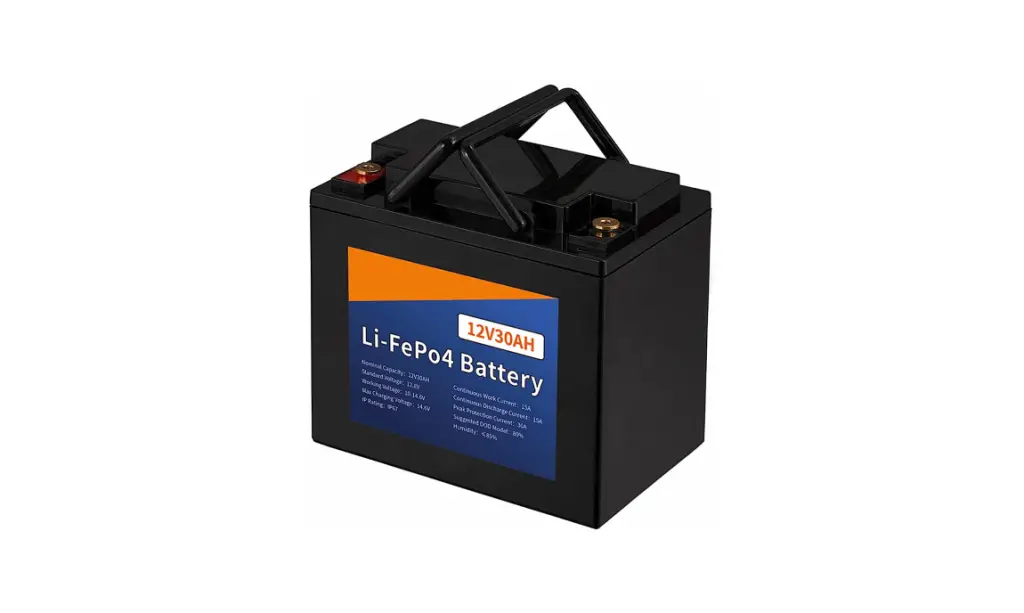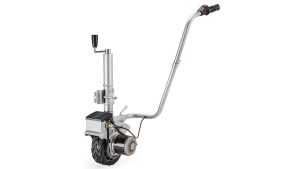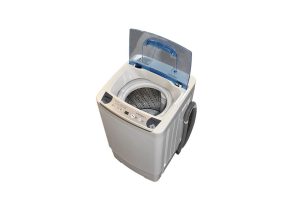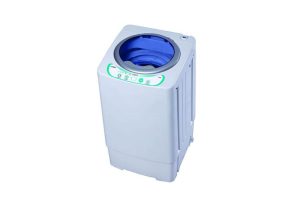When it comes to choosing the right deep cycle battery for your needs, it’s essential to understand the differences between various types of batteries and their applications. Whether you’re using batteries for your RV, boat, solar power storage, golf cart, or other applications, selecting the right battery can significantly impact performance and longevity. In this article, we will guide you through the factors to consider and the essential steps to ensure you make the best choice for your specific requirements.
Understanding Deep Cycle Batteries
Before diving into the selection process, it’s crucial to comprehend what deep cycle batteries are and how they work. Unlike regular starter batteries that provide a burst of energy to start an engine, deep cycle batteries are designed to deliver a steady and consistent flow of power over an extended period. They are ideal for applications where sustained power delivery and frequent discharging are required.
Identifying Your Power Needs
The first step in choosing the right deep cycle battery is to determine your power requirements. Consider the devices or equipment you will be using and their power demands. Calculate the total energy consumption and look for batteries that can handle that load without compromising performance or draining quickly.
Battery Types: Flooded, AGM, or Gel
There are three primary types of deep cycle batteries: flooded lead-acid, AGM (Absorbent Glass Mat), and Gel batteries. Each type has its advantages and disadvantages.
Flooded Lead-Acid Batteries
Flooded batteries are the traditional and most affordable option. They require regular maintenance, such as checking water levels and ensuring proper ventilation. While they are reliable and can handle high-discharge rates, they should be installed and used in a well-ventilated area due to the release of gases during charging.
AGM Batteries
AGM batteries are maintenance-free and have a higher cycle life compared to flooded batteries. They are also spill-proof, making them an excellent choice for applications where safety and ease of use are essential. However, AGM batteries are generally more expensive than flooded batteries.
Gel Batteries
Gel batteries are similar to AGM batteries but use gel electrolyte instead of liquid, which makes them even more resistant to spills and leaks. They are suitable for deep discharges and offer excellent performance in extreme temperatures. However, they are the most expensive option among the three.
Capacity and Reserve Capacity
Battery capacity is measured in ampere-hours (Ah), indicating how much current the battery can provide over a specific period. The reserve capacity (RC) measures how long the battery can run without being recharged. Consider both these factors to ensure you have enough power for your needs and any unexpected situations.
Size and Dimensions
Before purchasing a deep cycle battery, ensure that it fits properly in the designated space. Check the battery’s dimensions and compare them to the available space in your application.
Depth of Discharge (DoD)
Deep cycle batteries have a specified depth of discharge (DoD), indicating the percentage of the battery’s capacity that can be used before recharging becomes necessary. Avoid discharging the battery beyond its recommended DoD, as it can significantly impact its lifespan.
Charging and Maintenance
Proper charging and maintenance are vital to the longevity of your deep cycle battery. Invest in a high-quality battery charger and follow the manufacturer’s guidelines for charging cycles. Regularly inspect the battery for any signs of damage or corrosion.
Budget Considerations
While it may be tempting to go for the cheapest option, investing in a high-quality deep cycle battery can save you money in the long run. Consider the overall value and performance rather than solely focusing on the initial cost.
Brand Reputation and Reviews
Research various brands and read customer reviews to gauge the reliability and performance of the batteries you are considering. A reputable brand with positive reviews is more likely to provide a better product and customer support.
Environmental Impact
If environmental impact is a concern, look for batteries that are designed with eco-friendly materials and are recyclable.
Conclusion
Selecting the right deep cycle battery is crucial for ensuring optimal performance and longevity in your applications. Take your time to understand your power needs, battery types, capacity, size, charging requirements, and other factors before making a decision. By following these guidelines, you can choose the perfect deep cycle battery that meets your requirements and delivers reliable power for years to come.







